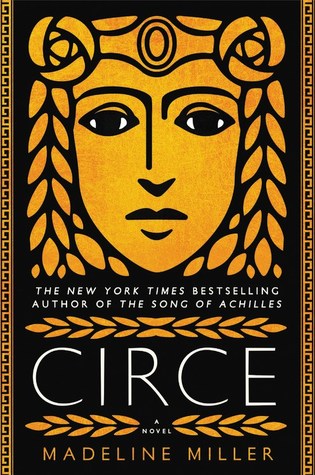Thérèse Racquin tells the story of the book's namesake, an quiet orphaned girl who is taken in by her Aunt and cousin. Her aunt, Madame Raquin, has a small inheritance that she uses to endulge her son, Camille's, every whim. This brings them to Paris where Madame Raquin buys a shop in a dingy arcade to pay their bills. Thérèse just accepts her life as it is, working in the shop while her cousin stays in bed due to illness day after depressing day. Eventually Madame Raquin convinces Thérèse to marry Camille, which she agrees to because she is completely indifferent to life and it will secure her a home and livelihood. Life continues in this way until Camille get a job and brings a friend home for dinner. The friend, Laurent, becomes integrated into the family and before long he and Thérèse become attracted to each other. For the first time, Thèrèse has a zest for something in life and a secret affair begins. The two are happy in the beginning, but like most things in life the thrill wears off soon and the two start entertaining the idea of how great life would be if Camille was not in the picture.
I can see how this cautionary tale was considered too vulgar in the 1860s when it was first released. The tale ends in typical Zola fashion - depressing and twisted. The lovers eventually drive each other crazy and their tortured lives affect those around them. The story is interesting, but reading this further solidified my dislike for Zola's style. Everything is the most seedy and dirty aspect of human life. I'm not naive enough to think this is unrealistic, but it's not something I want to put myself into all the time. That said, this is a quick read, and like I said - it's interesting, but you can pretty much see what coming fairly early in the story. I give this book 3 out of 5 stars.
Heart of Darkness is the dark story of a voyage up the Congo river in the 1890s. Charles Marlow comes from England to the Congo to work for a Belgian trading company, piloting the boats up and down the river. Things start out seeming a little strange with the other men he works with, but one night the boat is attacked in the darkness and his uneasy feelings begin to make more sense. The story is based off the author's own experience in the same position as the narrator. At the time of publishing, this was considered a horror story. I found it to be interesting but a bit fast paced to really be scary. It is certainly neat to hear accounts of Africa during the late 1800s. I give this book 3 out of 5 stars.
Everything I Never Told You follows a family in the 1970s who are faced with the suicide of their teenage daughter. The Lee family - James (dad), Marilyn (mom), Nath (oldest son), Lydia (middle daughter), and Hannah (youngest daughter) are a mixed race Asian family living in a small town in Ohio. The parents put demands on their 2 older children in an effort to make them accomplish the things they dreamed of but could not realize in their own lives. James wants Nath and Lydia to be popular and sporty, but they are both antisocial and Nath is obsessed with space. Marilyn wants Lydia to be a doctor to show that a woman can be more than a mother, and Lydia says yes to everything Marilyn throws at her in an effort to keep her mother happy so she will not leave their family. Hannah is an accidental child who is mostly ignored by her parents. When Lydia's body is found in the local lake, all the family members are forced to come to terms with the unhappy life Lydia lead while they were too focused on themselves to notice. The story was pretty much depressing from beginning to end, exploring the various neuroses of each family member and their history that made them this way. Each person is effected by the parenting they had, which then effects how they parent and keep the harmful cycle going. Some aspects were interesting, but it just never really brought it's head up the entire time, which is a little hard to enjoy. I give this book 3 out of 5 stars.
Circe is a novel account of the witch from The Odyssey, told through her own perspective. As the disappointing daughter of Helius, Circe seems to have no God-like abilities until she unknowingly turns the mortal that she loves into a God and then turns a nymph into a monster. She is banished to a secluded island as punishment, where she spends her days honing her craft of herbs and spells. Circe is woven into the tales of other Greek myths - Icarus, the Minotaur, and Medea. Various mortals land on her island, mostly sea men who see a lone woman and try to take advantage of the situation only to be turned into pigs and trapped by the witch. When Odysseus lands on her island, his men get much the same treatment until he comes to get his crew back. This leads to an affair between Odysseus and Circe while he and his men live on her island for a time. Eventually Circe must make a choice between living amongst the Gods who never cared for her and the mortals she comes to love.
The book was very well written and entwined all these myth together in a flowing way. I enjoyed reading these stories through a central perspective, and Circe's voice is backed up through her own experiences in the book. I enjoyed this new twist on mythology. I give this book 4 out of 5 stars.






No comments:
Post a Comment
Thanks for joining in the conversation!